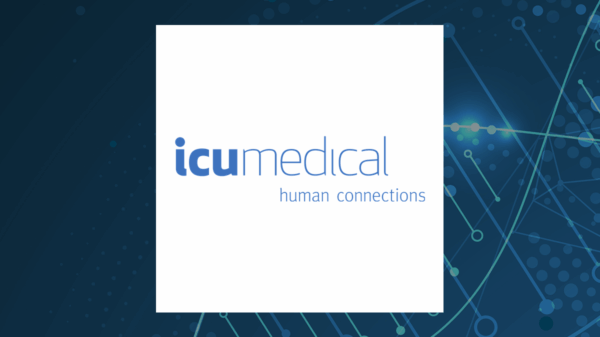Recent research highlights a significant concern for patients undergoing treatment for slow-growing brain tumors, specifically those classified as IDH mutated gliomas. While these tumors generally have a favorable prognosis, a study published in the journal Neuro-Oncology indicates that many patients experience measurable cognitive impairment within the first year following treatment.
The study sheds light on the cognitive effects of standard treatment protocols, which typically involve a combination of surgery, radiotherapy, and chemotherapy. Despite the effectiveness of these interventions, the impact on cognitive health has not received extensive examination until now.
According to the researchers, the findings reveal that cognitive decline can manifest in various forms, affecting memory, attention, and executive function. This decline is particularly concerning given that many patients may not be adequately informed about the potential for these side effects.
Research Findings and Implications
The study’s authors conducted assessments on a group of patients who had undergone treatment for IDH mutated gliomas. Their results indicated a notable percentage of participants reported difficulties in cognitive tasks, suggesting that the cognitive repercussions of treatment could be more widespread than previously understood.
The researchers emphasized the need for ongoing monitoring of cognitive health in patients post-treatment. Not only is this essential for patient care, but it also has implications for rehabilitation strategies. As cognitive health is integral to the overall quality of life, addressing these challenges promptly may improve long-term outcomes for survivors.
In addition, the study calls for further research to explore the underlying mechanisms contributing to cognitive impairment. Understanding these factors could lead to the development of targeted interventions aimed at mitigating cognitive decline in this patient population.
The implications of these findings extend beyond individual patients. Healthcare providers may need to adjust their treatment plans to incorporate cognitive assessments as a standard part of post-treatment care. This could facilitate earlier identification of cognitive issues and allow for timely interventions that could enhance cognitive functioning.
As the medical community continues to grapple with the complexities of cancer treatment, the results of this study underscore the importance of a holistic approach to patient care. By recognizing and addressing cognitive health, healthcare professionals can significantly improve the overall treatment experience for individuals facing the challenges of slow-growing brain tumors.
In summary, while IDH mutated gliomas often present a favorable prognosis, the recent findings reveal the potential for significant cognitive impairment following treatment. As healthcare providers and researchers delve deeper into this issue, the hope is that such insights will lead to more comprehensive care strategies that prioritize both physical and cognitive health for patients.




































































